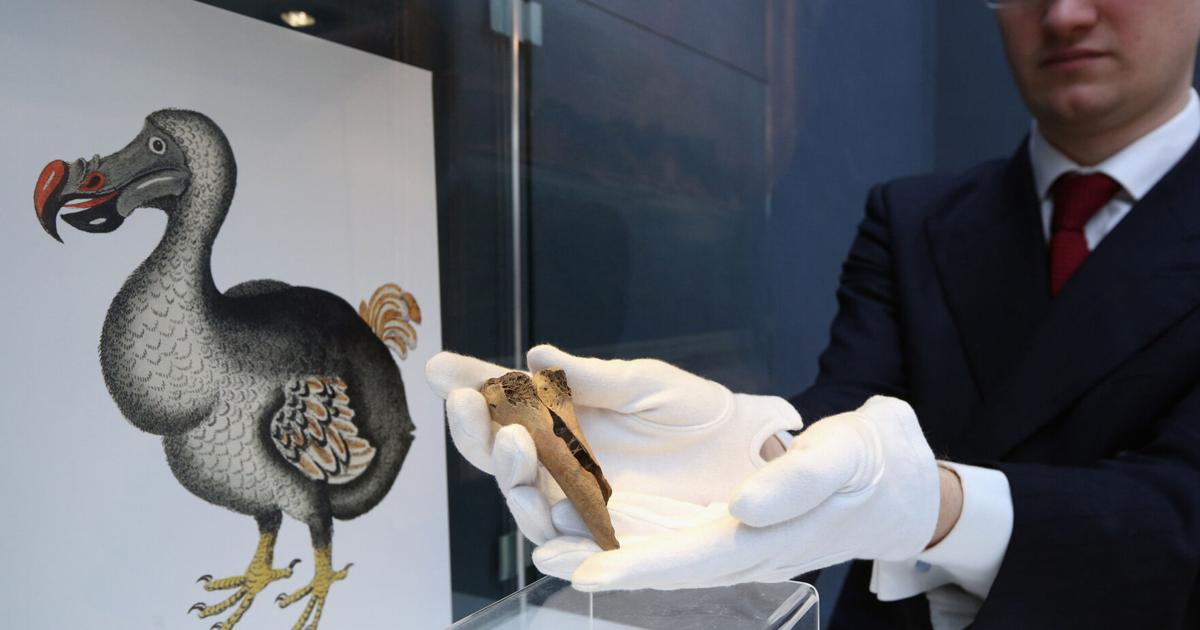Copyright euroweeklynews

French bank customers are being warned of extra security steps coming into force from October 9, as all transfers will face stricter verification. The new system will require banks to confirm that the account name and IBAN entered by customers match the details held by the recipient’s bank. How the new checks will work on French transfers From October, anyone making a bank transfer in France will have to enter the usual details – name, account number and IBAN. But this time, the bank will run a cross-check with the recipient’s bank. If the name matches but contains a minor spelling error, the system will highlight the correction and ask you to confirm before sending the money. If the name is completely wrong, you’ll receive a warning asking if you still want to go ahead. This process, known as Verification of Payee (VoP), will apply to all customers, whatever the transfer amount. It’s designed to combat fraud and reduce the risk of cash being sent to the wrong person. The French Banking Federation has explained that while customers can still override the alerts, doing so will make them personally liable if the transfer turns out to be fraudulent. That means no reimbursement from the bank if you fall victim to a scam after ignoring the warnings. What customers need to watch out for The new rules also mean that small mistakes, like misspelt names, could temporarily block payments. To avoid problems, experts advise checking that you always enter the exact account holder name listed on the RIB (Relevé d’Identité Bancaire). For businesses or associations, customers should make sure they use the official legal name and not an abbreviation or shortened version. If in doubt, it’s best to contact the organisation directly to confirm which details should be used for transfers. Consumer group UFC-Que Choisir says the changes may take a little getting used to, but they could prevent many common scams. “It’s an extra step, but one that adds an important layer of protection,” a spokesperson said. Why French banks are stepping up checks The tighter rules come against a backdrop of rising banking scams in France, particularly since instant transfers became free in early 2025. Before this year, customers typically had to pay €1 per transfer, but the removal of fees has led to a surge in use – and with it, an increase in fraud attempts. One well-known example is the so-called ‘bank mule’ scam. Fraudsters send money to a stranger’s account and then contact them claiming it was a mistake, asking for the money to be returned or sent on to another account. In reality, this can leave the recipient open to accusations of money laundering if they comply. Another growing risk is linked to instant transfers themselves. Once a payment is made, it cannot be reversed, making it a favourite tool for scammers. Anti-fraud platform Signal-Arnaques advises customers to limit instant transfers to trusted contacts, such as family and close friends, and to keep the sums small to minimise risk. What this means for you For most customers, the biggest change will be the extra checks when sending money. Transfers may take slightly longer, especially if there’s a discrepancy with the recipient’s name. But the French authorities insist these steps are necessary. With scams becoming more sophisticated, the responsibility is shifting onto customers to double-check every detail. Ignoring alerts and pushing transfers through despite warnings could leave people out of pocket with no legal protection. Financial experts say that while the adjustment may feel frustrating, the Verification of Payee system brings France in line with safeguards already in place in other European countries and the UK. In the long run, it could help build confidence in bank transfers by reducing errors and keeping scammers at bay. Stay tuned with Euro Weekly News for more news from France



